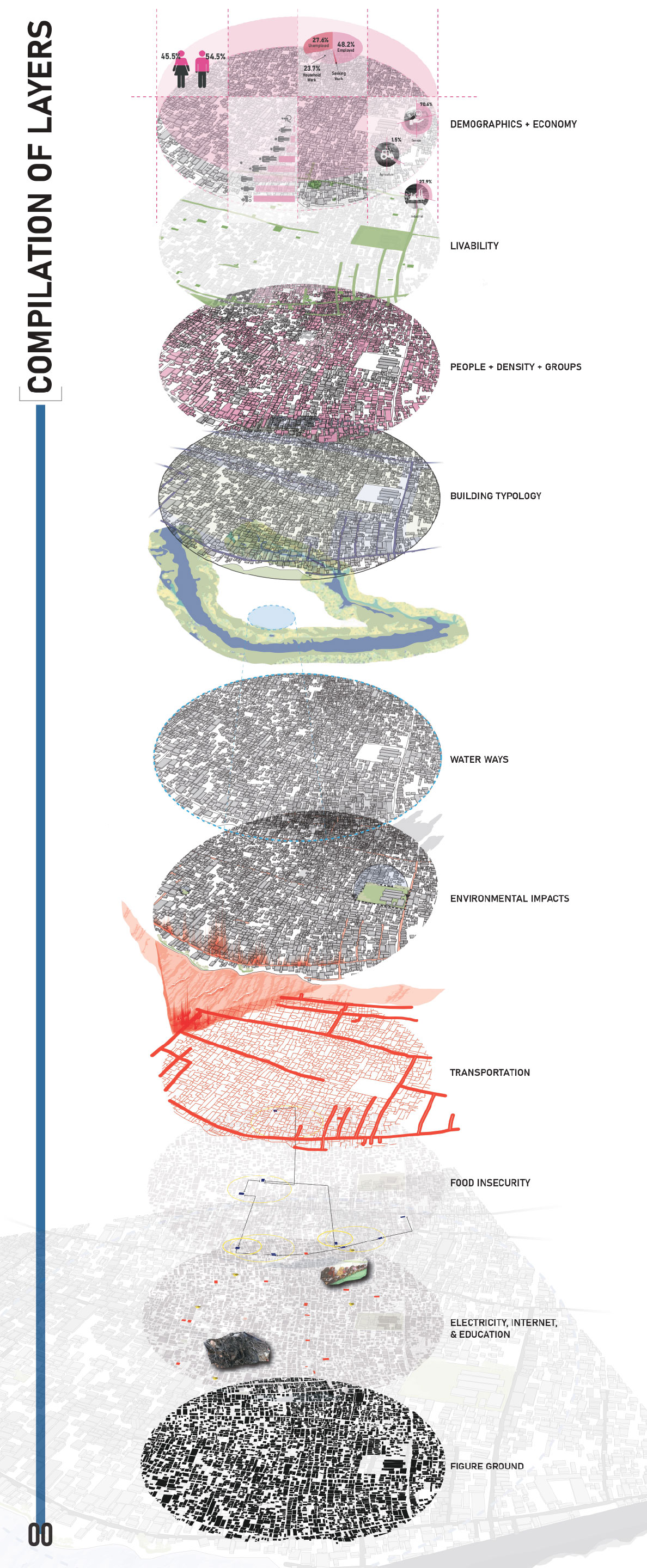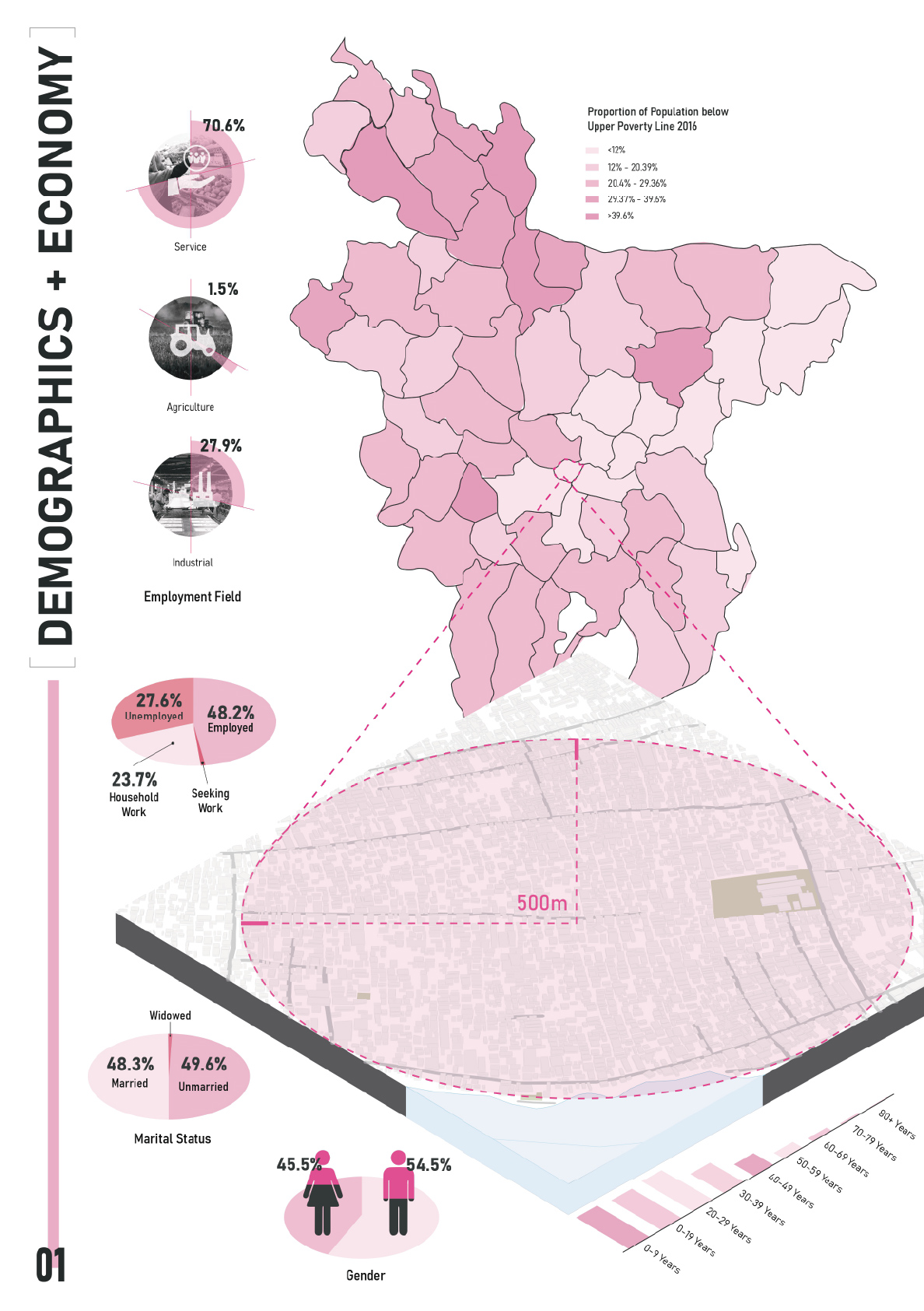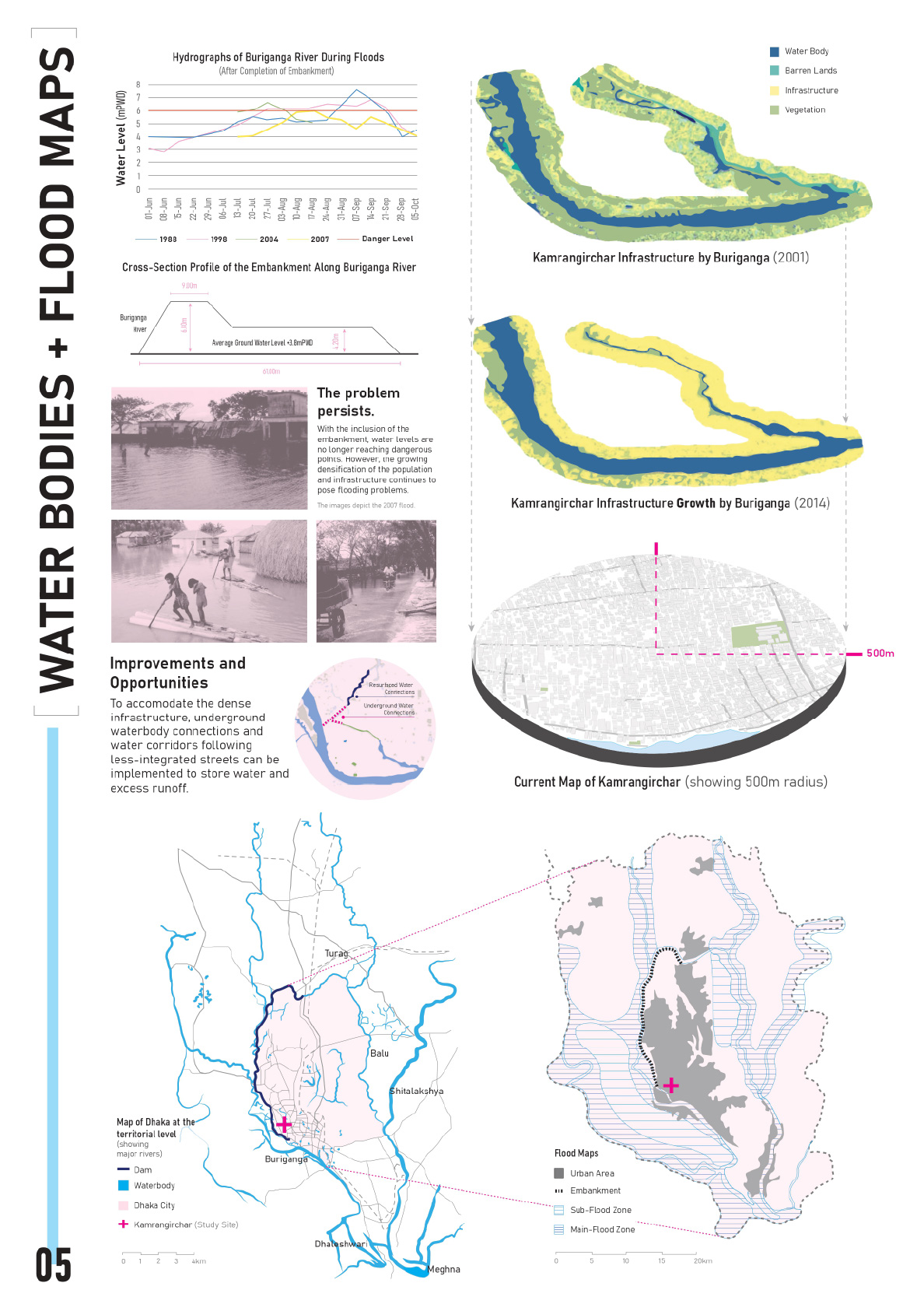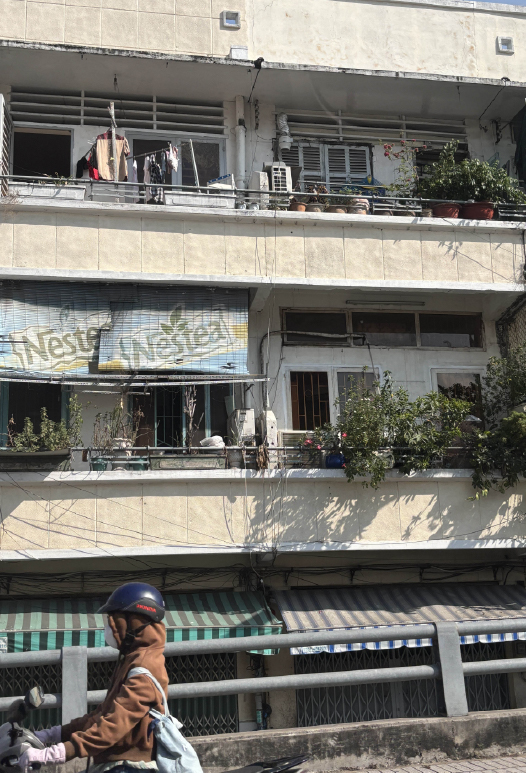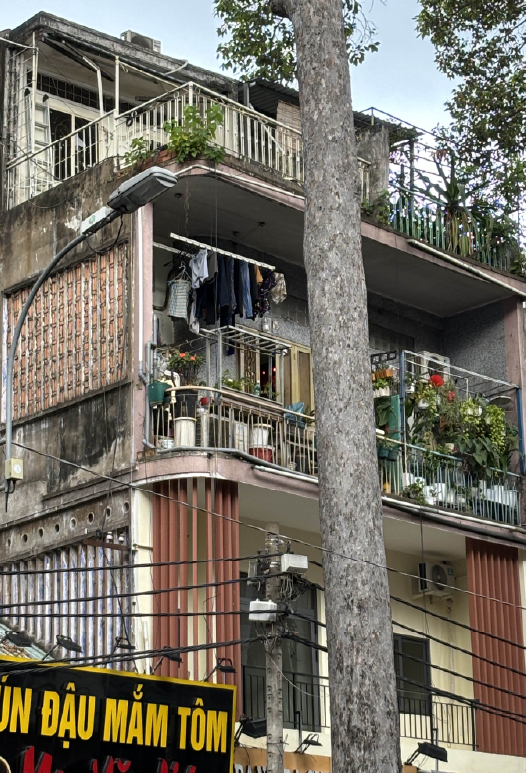FOURTH YEAR UNDERGRADUATE
Angela Le—The Pella Travel Award
![]()
Angela Le—The Pella Travel Award
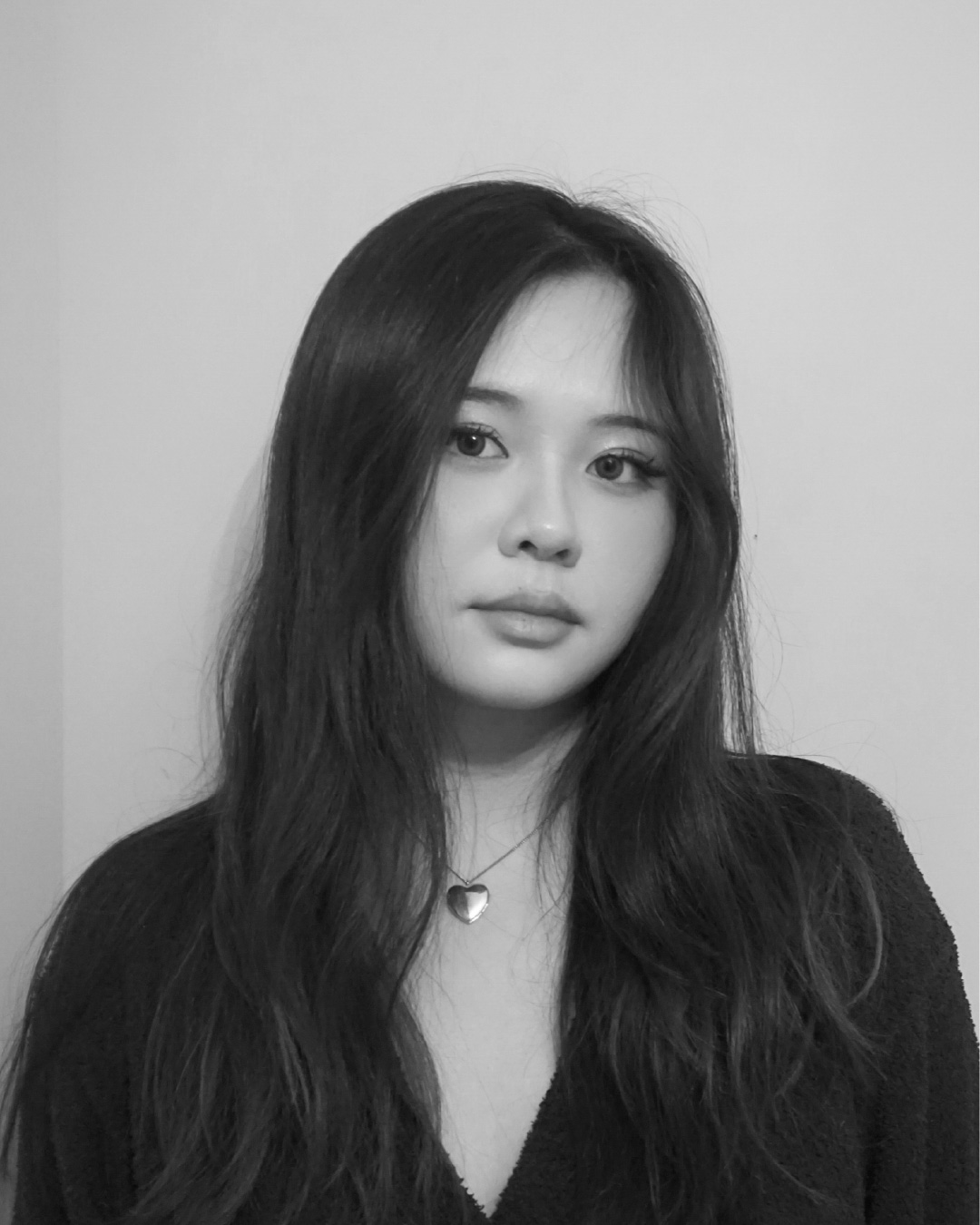
About the Award
The Pella Travel Award:
Pella Corporation designs and manufactures windows and doors for both residential homes and commercial applications. Since our founding in 1925 by Pete Kuyper, we have been proud to support the communities where we live and work.
Breathing Cities.
Taking place in May and June of next year, I have strong aspirations to participate in the studio course being offered in Tokyo, Japan. This travel experience is particularly meaningful as the studio poses urgent questions about Japan’s future, given its rapidly changing urban fabric. Tokyo, a city of extraordinary density and complexity, offers an unparalleled context in which to explore how architecture acts as a living response to evolving social, political, and cultural forces.
Throughout my architectural journey, previous studies and visits to cities across different global contexts has reinforced architecture’s adaptive responses to its context. In travelling home to Vietnam, I have observed how architecture emerges from necessity and prioritizes efficient solutions over ones of perfection. Illustrated through the improvisational repair of roofs and walls with mismatched materials, or the spontaneous formation of roadside businesses in place of formal establishments, space appears haphazardly wherever this is social and economic need. Similarly, my research on Kamrangirchar in Dhaka illuminated how political instability, socioeconomic disparity, and rapid urbanization can profoundly shape the physical and social fabric of a city. Studying how communities negotiate these forces demonstrates what architecture looks like when it is not manufactured and regulated from places of privilege. As a result, the opportunity to immerse within the Japan studio abroad will not only expand my architectural knowledge but also deepen my capacity to understand how cities breathe, digest, and regenerate through their own processes of immersion.
Under the guidance of a professor who has lived and practiced within the city, our explorations will be guided by local expertise and experiences. These insights will challenge common misinformed Western views of Japan and require us to reevaluate our inherent biases. In recognizing that we are exploring problems in Japan as outsiders, all areas of study and development demand a lens of cultural sensitivity, humility, and respect. Further compelling meticulous attention to how architecture must be studied not as an independent discipline but as one deeply intertwined with its embedded context and community.
As a Vietnamese woman, I am acutely aware of how Southeast Asian history, cultures, and identities are often subject to oversimplification or misinterpretation. My lived experiences will inform how I navigate the studio - with an open, critical, and reflective approach in my engagement with Tokyo’s architectural narratives.
Overall, I strongly believe this opportunity will not only enrich my academic journey but it will also equip me with the tools necessary to navigate cultural nuance and develop into a more multifaceted and sensible designer.
The Pella Travel Award:
Pella Corporation designs and manufactures windows and doors for both residential homes and commercial applications. Since our founding in 1925 by Pete Kuyper, we have been proud to support the communities where we live and work.
Breathing Cities.
Taking place in May and June of next year, I have strong aspirations to participate in the studio course being offered in Tokyo, Japan. This travel experience is particularly meaningful as the studio poses urgent questions about Japan’s future, given its rapidly changing urban fabric. Tokyo, a city of extraordinary density and complexity, offers an unparalleled context in which to explore how architecture acts as a living response to evolving social, political, and cultural forces.
Throughout my architectural journey, previous studies and visits to cities across different global contexts has reinforced architecture’s adaptive responses to its context. In travelling home to Vietnam, I have observed how architecture emerges from necessity and prioritizes efficient solutions over ones of perfection. Illustrated through the improvisational repair of roofs and walls with mismatched materials, or the spontaneous formation of roadside businesses in place of formal establishments, space appears haphazardly wherever this is social and economic need. Similarly, my research on Kamrangirchar in Dhaka illuminated how political instability, socioeconomic disparity, and rapid urbanization can profoundly shape the physical and social fabric of a city. Studying how communities negotiate these forces demonstrates what architecture looks like when it is not manufactured and regulated from places of privilege. As a result, the opportunity to immerse within the Japan studio abroad will not only expand my architectural knowledge but also deepen my capacity to understand how cities breathe, digest, and regenerate through their own processes of immersion.
Under the guidance of a professor who has lived and practiced within the city, our explorations will be guided by local expertise and experiences. These insights will challenge common misinformed Western views of Japan and require us to reevaluate our inherent biases. In recognizing that we are exploring problems in Japan as outsiders, all areas of study and development demand a lens of cultural sensitivity, humility, and respect. Further compelling meticulous attention to how architecture must be studied not as an independent discipline but as one deeply intertwined with its embedded context and community.
As a Vietnamese woman, I am acutely aware of how Southeast Asian history, cultures, and identities are often subject to oversimplification or misinterpretation. My lived experiences will inform how I navigate the studio - with an open, critical, and reflective approach in my engagement with Tokyo’s architectural narratives.
Overall, I strongly believe this opportunity will not only enrich my academic journey but it will also equip me with the tools necessary to navigate cultural nuance and develop into a more multifaceted and sensible designer.
